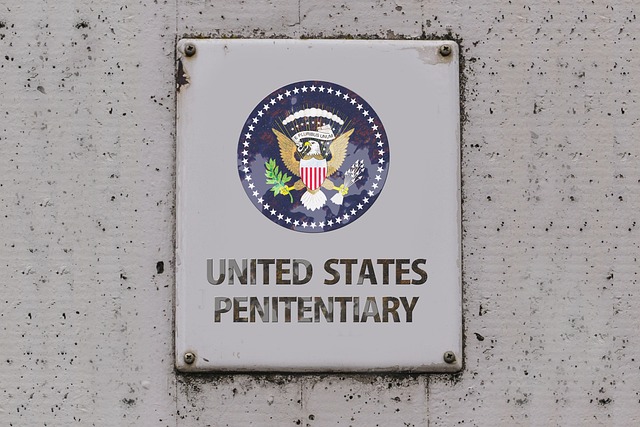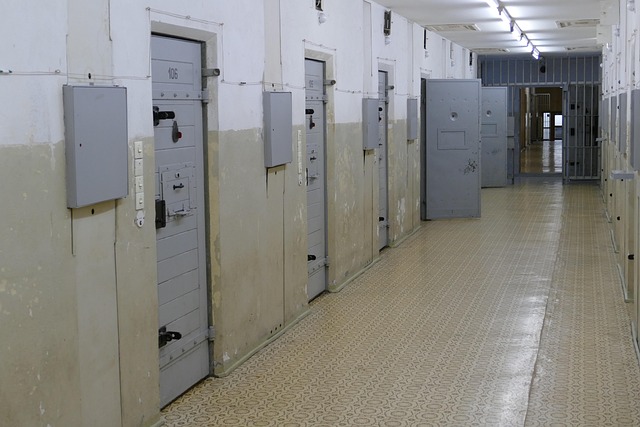Millennial DUI Awareness Campaigns are vital in combating drunk driving among 21-34 year olds, focusing on education and behavior change. Leveraging peer support and community involvement, these campaigns reduce recidivism by destigmatizing rehabilitation, offering evidence-based programs to prevent future incidents. With a focus on young adults facing economic challenges, these initiatives highlight unique needs, foster understanding, and drive specialized program development, utilizing technology and social media to connect offenders to local resources for holistic rehabilitation.
In a world where millennial DUI (drunk driving under influence) statistics paint a concerning picture, it’s crucial to explore the complexities of first-time offenders and their path to redemption. This article delves into the reality of young adults behind the wheel, examining the effects of lenient laws on their impulsive decisions. We propose strategic solutions for awareness campaigns, offering a comprehensive guide to rehabilitation and reintegration. From community support networks to navigating second chances, discover how we can foster safer roads and brighter futures for millennials facing DUI charges.
- Understanding Millennial DUI Statistics: Unveiling the Reality
- The Impact of First-Time Offender Laws on Youthful Misjudgments
- Effective Strategies for Millennial DUI Awareness Campaigns
- Navigating Rehabilitation and Second Chances: A Comprehensive Guide
- Community Support Networks for Successful Reintegration
Understanding Millennial DUI Statistics: Unveiling the Reality

DUI offenses among millennials have become a growing concern, with statistics revealing a concerning trend. Studies show that young adults aged 21 to 34, often categorized as millennials, are involved in drunk driving incidents at a higher rate compared to older generations. This demographic’s involvement in alcohol-related crashes is a critical issue that demands attention.
Millennial DUI Awareness Campaigns play a vital role in addressing this problem by educating and raising awareness about the risks associated with drinking and driving. These campaigns aim to dispel myths and change behaviors, emphasizing the severe consequences of impaired driving. By targeting millennials specifically, these initiatives can help reduce repeat offenses and foster a culture of responsible drinking.
The Impact of First-Time Offender Laws on Youthful Misjudgments

The impact of first-time offender laws on youthful misjudgments, especially in relation to issues like drunk driving, is a critical aspect often overlooked. These laws, designed to offer a second chance to young offenders, have been shown to significantly reduce recidivism rates. By providing resources for education and rehabilitation instead of strict punishment, first-time offender programs can help address the underlying causes of such behaviors.
Millennial DUI awareness campaigns, for instance, have played a pivotal role in promoting responsible drinking and understanding the consequences of impaired driving among young adults. These initiatives often incorporate peer support and community involvement, fostering an environment where making better choices is encouraged and supported. As a result, first-time offender laws can act as a powerful tool to prevent future incidents, ensuring that youthful misjudgments don’t escalate into long-term legal and personal troubles.
Effective Strategies for Millennial DUI Awareness Campaigns

Millennial DUI Awareness campaigns require tailored strategies to resonate with younger audiences. Social media platforms, such as Instagram and TikTok, offer powerful tools for engaging Millennials. Interactive content like videos demonstrating the impact of impaired driving, along with personal stories from peers, can be highly effective in conveying the dangers. Collaborating with influencers and local community groups can also help amplify the message.
Additionally, focusing on positive messaging and second chances is crucial. Campaigns that highlight successful recovery stories and the benefits of making better choices can inspire Millennials to take responsibility for their actions and avoid future DUI offenses. Providing resources for addiction treatment and support networks specifically targeted at young adults can make a significant impact in preventing repeat offenses.
Navigating Rehabilitation and Second Chances: A Comprehensive Guide

Navigating Rehabilitation and Second Chances: A Comprehensive Guide for First-Time Offenders
For first-time offenders, especially millennials facing a DUI charge, rehabilitation offers a path to redemption and a fresh start. Millennial DUI awareness campaigns have played a pivotal role in destigmatizing this process, encouraging early intervention, and promoting responsible behavior. These campaigns emphasize the importance of taking immediate action, as prompt rehabilitation can significantly impact future opportunities and personal growth. By engaging in evidence-based programs, individuals can gain valuable insights into their actions’ consequences and learn coping mechanisms to prevent repeat offenses.
Rehabilitation often involves a combination of counseling sessions, support groups, and community service. Through these initiatives, offenders develop healthier decision-making skills, enhance their problem-solving abilities, and build resilience against peer pressure. Millennial DUI awareness programs also focus on educating individuals about the long-term effects of substance abuse, promoting positive lifestyle changes, and fostering a sense of accountability. This comprehensive approach not only prepares them for successful reintegration into society but also empowers them to become advocates for responsible drinking and positive change within their communities.
Community Support Networks for Successful Reintegration

Millennials, often facing unique challenges such as rising costs of living and student debt, are increasingly becoming a demographic of interest in criminal justice reform. When it comes to first-time offenders, particularly those with DUI charges, community support networks play a pivotal role in their successful reintegration. These networks offer more than just legal assistance; they provide emotional support, job training, and mentorship opportunities that can help break the cycle of incarceration.
Millennial DUI Awareness Campaigns have been instrumental in shedding light on the needs of this demographic, fostering understanding, and encouraging the development of specialized programs. By leveraging technology and social media, these campaigns connect first-time offenders with local support groups, legal aid organizations, and rehabilitation centers. This holistic approach ensures that individuals not only learn from their mistakes but also gain the resources needed to rebuild their lives and contribute positively to their communities.
Millennial DUI statistics highlight a pressing need for effective interventions, particularly focusing on first-time offenders. By understanding the impact of youthful misjudgments and implementing targeted strategies, we can significantly improve outcomes through comprehensive programs like rehabilitation and community support. Moreover, these efforts should be underpinned by robust Millennial DUI awareness campaigns to foster responsible behavior and ensure successful reintegration into society for those given a second chance.






